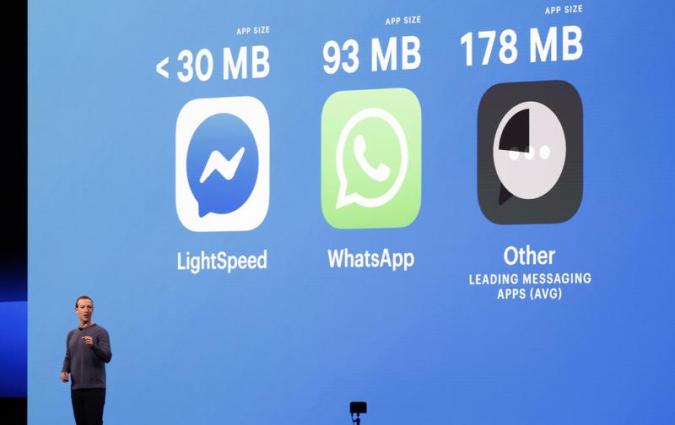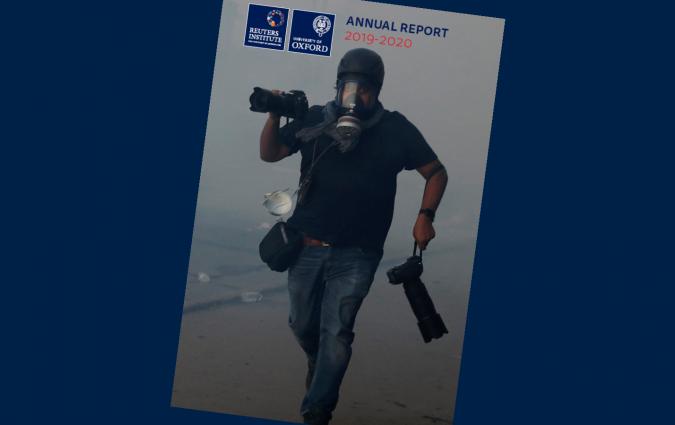Are people incidentally exposed to news on social media? A comparative analysis
In this paper, Richard Fletcher and Rasmus Kleis Nielsen explore whether people are incidentally exposed to news on social media. In other words, are people who use social networks like Facebook, Twitter, YouTube, shown news even as they use them for other reasons. The analysis, based on data from 4 countries, finds that they are, with the boost from incidental exposure even greater for younger people and those with low interest in the news.
Abstract: Scholars have questioned the potential for incidental exposure in high-choice media environments. We use online survey data to examine incidental exposure to news on social media (Facebook, YouTube, Twitter) in four countries (Italy, Australia, United Kingdom, United States). Leaving aside those who say they intentionally use social media for news, we compare the number of online news sources used by social media users who do not see it as a news platform, but may come across news while using it (the incidentally exposed), with people who do not use social media at all (non-users). We find that (a) the incidentally exposed users use significantly more online news sources than non-users, (b) the effect of incidental exposure is stronger for younger people and those with low interest in news and (c) stronger for users of YouTube and Twitter than for users of Facebook.







